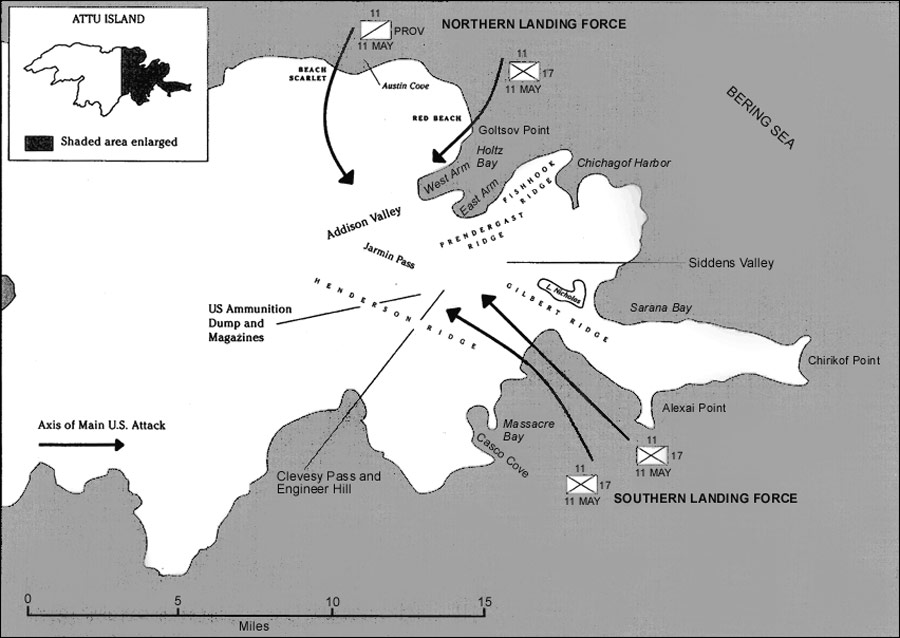The Strategic Importance Of A Military Base In The US-China Competition

Table of Contents
Geopolitical Positioning and Power Projection
The strategic placement of US military bases is paramount in projecting power and influencing regional stability amidst the US-China competition. These bases are not merely static installations; they are dynamic nodes in a complex network designed to deter aggression and respond swiftly to crises.
Forward Deployment and Rapid Response
Military bases strategically located near potential conflict zones offer significant advantages in responding to threats. This forward deployment is crucial for several reasons:
- Reduced response times in crisis situations: Proximity to potential hotspots significantly reduces the time it takes to deploy forces, a critical factor in deterring aggression and mitigating escalation. This rapid response capability is especially important in the volatile Indo-Pacific region.
- Enhanced ability to project power and influence: Strategically positioned military bases allow the US to project military power and influence across vast distances, influencing regional dynamics and deterring potential adversaries. This projection of power extends beyond military might, impacting diplomatic negotiations and regional stability.
- Deterrent effect on potential adversaries: The presence of US military bases acts as a strong deterrent, signaling the US commitment to regional security and potentially discouraging aggressive actions by rival powers. This deterrent effect is a key component of maintaining stability.
- Improved alliance relations and interoperability: Military bases often facilitate joint training exercises and operations with allied nations, strengthening alliances and improving interoperability. This collaboration is vital in countering shared threats and maintaining regional security.
Surveillance and Intelligence Gathering
Beyond their offensive capabilities, military bases serve as indispensable hubs for intelligence gathering and surveillance. Their strategic location allows for comprehensive monitoring of adversary activities.
- Monitoring of military movements and deployments: Bases provide crucial intelligence on military movements, deployments, and potential threats, allowing for proactive responses and effective countermeasures. This real-time intelligence is critical in preventing escalation.
- Interception of communications and intelligence gathering: Advanced surveillance technologies deployed at these bases facilitate the interception of communications and the gathering of crucial intelligence, giving the US a significant advantage in understanding adversary intentions. Signal intelligence is crucial for preemptive action.
- Early warning of potential threats and attacks: The surveillance capabilities of strategically located bases offer early warning of potential threats and attacks, allowing for timely responses and mitigation of potential damage. This early warning system is crucial for national security.
- Support for covert operations and special forces: Military bases often serve as staging grounds for covert operations and support for special forces, enabling effective responses to emerging threats and challenges. This clandestine capability is often vital in destabilizing adversary capabilities.
Economic and Trade Implications
The strategic importance of military bases extends beyond military considerations, profoundly impacting global economics and trade.
Securing Sea Lanes and Trade Routes
Military bases play a crucial role in safeguarding vital sea lanes and ensuring the free flow of trade, underpinning global economic stability.
- Protection of shipping lanes from piracy and other threats: The presence of naval forces based near crucial shipping lanes protects against piracy, terrorism, and other threats to global commerce. This protection ensures the continued flow of goods and services.
- Ensuring the stability of global supply chains: The protection of these sea lanes ensures the stability of global supply chains, crucial for the functioning of the global economy. This stability benefits global commerce and consumer interests.
- Safeguarding energy resources and their transportation: Military bases can help secure energy resources and their transportation routes, safeguarding global energy security. This stability is especially vital for oil and natural gas supply chains.
- Supporting economic growth and development in the region: The economic activity generated around military bases can stimulate local economies and promote regional development. This creates opportunities for employment and local investment.
Influence on Regional Economic Development
The presence of military bases can generate significant economic benefits for the host region.
- Increased investment in infrastructure projects: The construction and maintenance of military bases often lead to significant investment in local infrastructure, creating long-term economic benefits. This infrastructure can support economic growth beyond military needs.
- Creation of jobs in construction, support services, and defense industries: Military bases create numerous jobs in construction, support services, and related defense industries, boosting employment and local incomes. These job opportunities contribute to the prosperity of the local economy.
- Stimulation of local businesses and economic activity: The increased demand for goods and services associated with military bases stimulates local businesses and economic activity, fostering broader economic growth. The economic multiplier effect contributes to regional prosperity.
- Potential for technological spillover effects: The advanced technologies associated with military bases can lead to technological spillover effects, fostering innovation and driving economic development in the host region. This can lead to long-term growth and diversification.
Maintaining Regional Alliances and Diplomacy
Military bases serve as critical tools in maintaining and strengthening regional alliances, influencing diplomatic relations, and shaping regional security architecture.
Strengthening Alliances and Partnerships
The presence of US military bases reinforces commitments to regional allies and partners.
- Enhanced military cooperation and interoperability: Joint training exercises and operations strengthen military cooperation and interoperability between allied forces, improving their collective effectiveness. This collaboration ensures better coordination in times of crisis.
- Joint training exercises and military deployments: Regular joint exercises and deployments demonstrate commitment to regional security and enhance the capabilities of allied forces. These activities signal resolve to shared adversaries.
- Increased political and diplomatic engagement: Military bases facilitate greater political and diplomatic engagement with regional allies, fostering stronger relationships and promoting collaborative problem-solving. Increased dialogue improves diplomatic relations.
- Demonstration of commitment to regional security: The presence of US military bases demonstrates a strong commitment to regional security, reassuring allies and deterring potential adversaries. This commitment strengthens regional stability.
Diplomatic Leverage and Negotiation Power
The strategic placement of military bases provides leverage in international negotiations and diplomatic efforts.
- Enhanced bargaining power in regional disputes: The strategic positioning of military bases strengthens negotiating power in regional disputes, enabling the US to effectively advocate for its interests and those of its allies. This strategic advantage impacts the outcome of regional negotiations.
- Influence on international decision-making processes: The presence of military bases influences international decision-making processes, allowing the US to play a more significant role in shaping regional security architecture. This influence impacts global security policy.
- Ability to shape regional security architecture: Military bases influence the regional security architecture, allowing the US to promote stability and deter aggression. The positioning of bases helps shape regional cooperation.
- Improved effectiveness of diplomatic initiatives: The strategic positioning of military bases enhances the effectiveness of diplomatic initiatives, bolstering the US's ability to achieve its foreign policy objectives. This provides greater leverage in diplomatic negotiations.
Conclusion
The strategic importance of military bases in the US-China competition cannot be overstated. Their geopolitical positioning, economic implications, and role in maintaining regional alliances are all critical factors influencing the balance of power. Understanding the complexities of military base strategy is crucial for navigating the challenges of this increasingly competitive global landscape. Further research and analysis into the optimal placement and capabilities of US military bases are essential for ensuring national security and promoting global stability in the face of the intensifying US-China competition. Continue your exploration of this vital topic by researching the specific roles of different military bases and their impact on the US-China dynamic.

Featured Posts
-
 Where To Vacation In Florida A Cnn Anchors Recommendation
Apr 26, 2025
Where To Vacation In Florida A Cnn Anchors Recommendation
Apr 26, 2025 -
 American Battleground Confronting The Worlds Richest In A High Stakes Property Dispute
Apr 26, 2025
American Battleground Confronting The Worlds Richest In A High Stakes Property Dispute
Apr 26, 2025 -
 Full List Of Celebrities Affected By The La Palisades Fires
Apr 26, 2025
Full List Of Celebrities Affected By The La Palisades Fires
Apr 26, 2025 -
 A Military Base In The Crosshairs Understanding The Us China Power Struggle
Apr 26, 2025
A Military Base In The Crosshairs Understanding The Us China Power Struggle
Apr 26, 2025 -
 Where To Invest Identifying The Countrys Top Business Locations
Apr 26, 2025
Where To Invest Identifying The Countrys Top Business Locations
Apr 26, 2025
